Identity and Child Welfare Aren’t Mutually Exclusive
Identity and Child Welfare Aren’t Mutually Exclusive
Children’s Minister Karen Chhour draws from her personal experiences growing up in state care, when she says that focusing on a child's identity, specifically Māori children, could lead to a system that overlooks their immediate needs as children in distress. Her concern for ensuring that all children receive the help they need is deeply rooted in her first hand understanding of the system's flaws…..
Flaws that were highlighted in the landmark 1988 Pūao te Atatū report on social welfare including systemic issues; and the need for reforms to better address the needs of Māori kids in the welfare system at the time like Karen.
Grounding Contemporary Reforms in Pūao te Atatū
Despite being published in 1988, the Pūao te Atatū report remains profoundly relevant in 2024. Māori children are still disproportionately represented in statistics related to abuse and neglect, often as a result of historical and systemic inequalities.
The late Māori leader John Rangihau recognised that for Māori children, their cultural identity is not a secondary characteristic but a fundamental aspect of who they are. Recognising and integrating a child's cultural identity into their care can enhance their sense of belonging, self-esteem, and overall well-being. Ignoring cultural identity can result in interventions that feel alienating or inappropriate, potentially exacerbating the child's trauma rather than alleviating it.
A Colour Blind Approach
Arguing for a "colour-blind" approach fails to acknowledge that ignoring race and cultural identity does not create equality; it often perpetuates existing disparities. considerations to be truly effective.
The principles enshrined in Section 7AA are not at odds with the wellbeing of the child but are essential to it, particularly for Māori children. Ignoring identity can lead back to the one-size-fits-all solutions that Pūao te Atatū warned would fail to address underlying issues and perpetuate cycles of disadvantage.
Whānau Ora = Tamariki Ora = A Positive Return on Social Investment
If Bill English and his Impact Lab can assess Kāinga Ora and its return on social investment, I’d like to see one done on Oranga Tamariki since 1988. Measuring outcomes from social investment over the past 36 years. while highly unlikely and extremely difficult to do, wouldn’t be a silver bullet. But it might provide valuable data and evidence to help change the system and the cycle of disadvantage and trauma.
As English’s daughter Maria said at the NZ Economic Forum earlier this year, social investment focuses on long-term investments that address the root causes of disadvantage. It would she says "recognise the strengths and potential of whānau, fostering a sense of ownership and agency."
This empowerment, combined with data-driven decision-making, can lead to more effective and culturally appropriate interventions. By analysing data, resources can be directed towards programmes proven to make a difference in the lives of whānau, ensuring they receive the support they truly need.
Advocating for a system that focuses solely on individual accountability and removing youth justice functions to Corrections, risks undermining the holistic support system that Pūao te Atatū envisaged.
Practical Implications of Identity-Aware Interventions
Evidence suggests that interventions that are culturally responsive and identity-aware are more effective. For example, Māori children are more likely to engage with and benefit from services that respect and incorporate their cultural identity. Such interventions can reduce the risk of re-traumatisation and improve trust and cooperation between families and child welfare services.
The portrayal of "reverse uplifts" as inherently damaging fails to consider the positive outcomes that can arise from culturally appropriate placements. While it is undeniable that some cases may have been mishandled, leading to distress for both children and caregivers, this does not invalidate the principle behind the legislation. Efforts should be directed towards improving the processes and ensuring that the best interests of the child are genuinely prioritised, rather than scrapping the cultural considerations altogether.
Karen Chhour’s insights are invaluable. Her accomplishments as a mother, wife and politician are a testament to her drive and determination and the people who had positive input into her upbringing. Rather than seeing identity and child welfare as mutually exclusive, it’s important to understand that they’re deeply interconnected. Addressing both simultaneously can lead to better outcomes for tamariki Māori.
The Culture and Design Lab empowers workplace leaders to create social cohesion at work. We use indigenous knowledge, design, and strategy to foster inclusion and belonging in the workplace.
